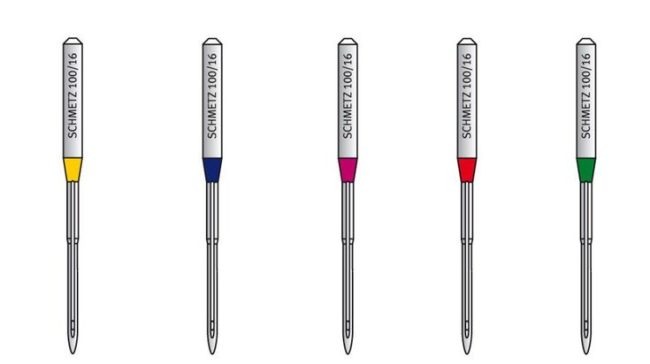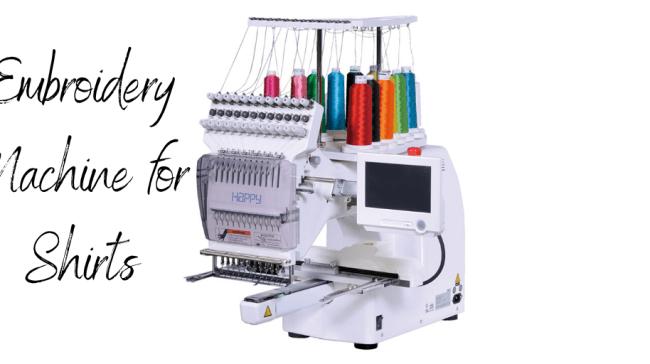


Table of Contents
Introduction:
How to choose a needle for sewing machine or selecting the correct needle for your sewing machine is crucial to achieving optimal stitching results. The needle you choose can impact the overall quality of your sewing projects. In this guide, we will walk you through the essential factors to consider when selecting a needle for your sewing machine, ensuring that you make an informed decision every time.
1. Needle Types:
Sewing machine needles come in various types, each designed for specific fabrics and sewing techniques. Here are the most common needle types:
a. Universal Needles: These needles are versatile and suitable for a wide range of fabrics, making them a good starting point for most sewing projects.
b. Ballpoint Needles: Ideal for knit fabrics, ballpoint needles have rounded tips that slide between the fabric’s fibers rather than piercing them, reducing the risk of snags and runs.
c. Sharp Needles: Also known as microtex or universal sharp needles, they feature a sharp point and are excellent for precise stitching on tightly woven fabrics like silk, cotton, and lightweight synthetics.
d. Jeans/Denim Needles: Designed specifically for heavyweight fabrics like denim or canvas, these needles have a sharp point and a strong shaft to penetrate dense materials.
e. Leather Needles: With a chisel-shaped point, leather needles are intended for sewing on leather, suede, and similar materials. They are designed to pierce through multiple layers without tearing the fabric.
f. Embroidery Needles: These needles have a larger eye and a specially designed scarf to accommodate thicker embroidery threads, making them perfect for decorative stitching.
2. Needle Sizes:
Needles are also available in different sizes, denoted by numbers. The appropriate needle size depends on the fabric weight. Here’s a general guideline:
a. Light to Medium-weight fabrics: Use needle sizes 9/70 or 11/80.
b. Medium to Heavyweight fabrics: Opt for needle sizes 14/90 or 16/100.
c. Extra Heavyweight fabrics: Choose needle sizes 18/110 or 20/120.
Remember, these are general recommendations, and you may need to adjust based on the specific fabric and project requirements.
3. Project Considerations:
When selecting a needle, consider the specific requirements of your sewing project. Some factors to keep in mind include:
a. Fabric Type: Different fabrics behave differently, so choose a needle that matches the fabric’s characteristics.
b. Thread Type: Ensure the needle eye accommodates the thread you plan to use. Using a needle with a small eye for thick threads may cause thread breakage.
c. Sewing Technique: If you’re using specialized techniques like quilting, serging, or topstitching, there are needles available to enhance the results.
4. Needle Maintenance:
To ensure optimal needle performance, remember these maintenance tips:
- Change needles regularly, especially if you notice skipped stitches, frayed threads, or uneven tension.
- Clean the needle area frequently to remove lint and debris that can affect stitching quality.
- Use the correct needle insertion technique and ensure it is properly seated in the needle clamp.
Conclusion:
Choosing the right needle for your sewing machine is essential for achieving professional-quality results. Consider the fabric type, needle type, and appropriate size to ensure smooth and accurate stitching. By understanding the different needle options available and their specific applications, you can select the perfect needle for each sewing project, enhancing your overall sewing experience. Remember to keep your needles well-maintained to ensure consistent performance. Happy sewing!




